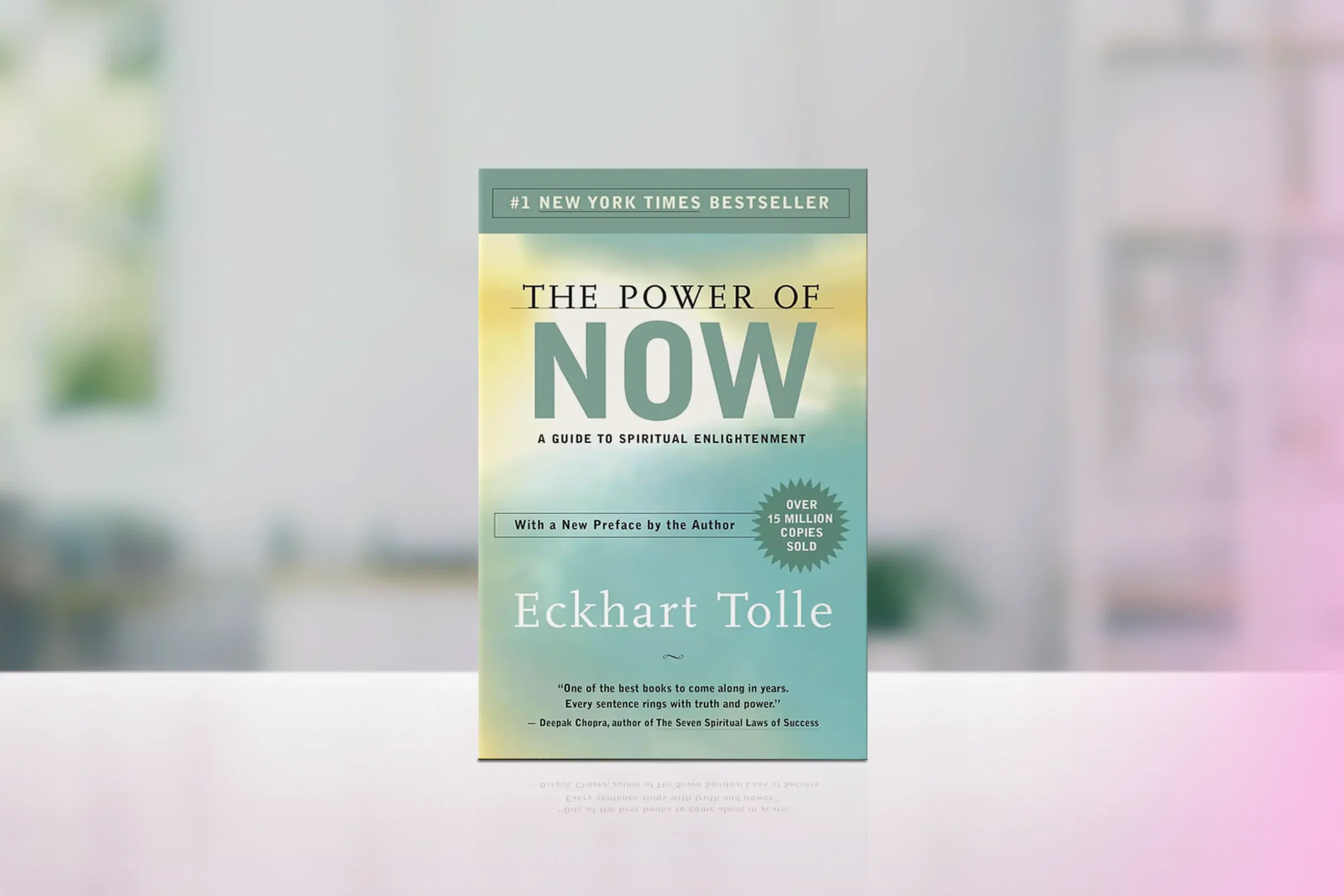Have you ever noticed how a good night’s sleep can transform your entire day? Imagine waking up feeling refreshed, energized, and ready to tackle whatever challenges come your way. Now, picture the opposite – dragging yourself out of bed after a restless night, feeling groggy and irritable. The difference is stark, isn’t it?
Sleep is not just a passive state of rest; it’s a vital, active process that plays a crucial role in our overall wellbeing. Yet, in our fast-paced, always-on world, quality sleep often takes a backseat to other priorities. The consequences of this neglect can be far-reaching, affecting everything from our physical health to our emotional resilience and cognitive abilities.
In this article, we’ll explore the transformative power of sleep and how you can harness it to improve virtually every aspect of your life. We’ll delve into the science behind sleep, uncover practical strategies for better rest, and empower you to make sleep a cornerstone of your personal wellbeing journey. Remember, every step you take towards improving your sleep is a step towards a healthier, happier, and more fulfilling life. Let’s embark on this journey together and unlock the potential of restorative sleep.
The Science of Sleep: Understanding Your Body’s Vital Process
To truly appreciate the power of sleep, we need to understand what happens when we close our eyes and drift off. Sleep is far from a state of inactivity; it’s a complex biological process that’s essential for our physical and mental wellbeing.
During sleep, our bodies go through several cycles, each lasting about 90 minutes. These cycles consist of different stages, including light sleep, deep sleep, and REM (Rapid Eye Movement) sleep. Each stage plays a crucial role in various bodily functions:
- Light Sleep: This is the transition stage between wakefulness and deeper sleep. It helps in maintaining overall sleep and regulating your sleep-wake cycle.
- Deep Sleep: This stage is vital for physical restoration. During deep sleep, your body repairs tissues, builds bone and muscle, and strengthens your immune system.
- REM Sleep: This is when most dreaming occurs. REM sleep is crucial for cognitive functions like memory consolidation, learning, and creativity.
Understanding these stages can help you appreciate why a full night’s sleep is so important. When you shortchange your sleep, you’re not just feeling tired – you’re depriving your body and mind of essential restoration and growth processes.
Reflection: Think about your typical sleep patterns. Do you often wake up feeling refreshed, or do you struggle to get out of bed? How might this be related to the quality and quantity of your sleep?
The Impact of Sleep on Your Physical Health
Quality sleep is a cornerstone of good physical health. When we sleep, our bodies engage in crucial processes that maintain our physical wellbeing:
- Immune Function: During sleep, your immune system releases proteins called cytokines, some of which help promote sleep. Certain cytokines need to increase when you have an infection or inflammation, or when you’re under stress. Sleep deprivation may decrease production of these protective cytokines.
- Weight Management: Lack of sleep can disrupt the hormones that control hunger (ghrelin) and fullness (leptin). This can lead to increased appetite and potential weight gain.
- Cardiovascular Health: Chronic sleep deprivation has been linked to increased risk of heart disease, high blood pressure, and stroke.
- Hormone Regulation: Sleep is crucial for the production and regulation of various hormones, including growth hormone, which is essential for cell repair and regeneration.
Challenge: For the next week, commit to a consistent sleep schedule. Go to bed and wake up at the same time every day, even on weekends. Notice how this affects your energy levels and overall physical wellbeing.
Sleep and Mental Health: The Emotional Benefits of Better Rest
The relationship between sleep and mental health is bidirectional – poor sleep can contribute to mental health issues, and mental health problems can make it harder to sleep well. Here’s how quality sleep can benefit your mental and emotional wellbeing:
- Stress Reduction: A good night’s sleep can lower levels of stress hormones like cortisol, helping you feel more calm and centered.
- Mood Regulation: Sleep plays a crucial role in regulating emotions. Lack of sleep can lead to irritability, mood swings, and even symptoms of anxiety and depression.
- Cognitive Function: Sleep is essential for cognitive processes like attention, learning, and memory consolidation. Better sleep can lead to improved focus, decision-making, and problem-solving abilities.
- Emotional Resilience: When well-rested, we’re better equipped to handle life’s challenges and maintain a positive outlook.
Remember, prioritizing sleep isn’t selfish – it’s an essential act of self-care that allows you to show up as your best self in all areas of your life.
Reflection: Recall a time when you felt well-rested. How did it affect your mood and ability to handle stress? Now, imagine feeling that way more often. What could change in your life?
For more insights on managing stress and anxiety, check out our article on “Understanding and Managing Anxiety in Daily Life.“
Sleep and Productivity: Fueling Your Success Through Rest
It might seem counterintuitive, but sleeping more can actually help you accomplish more. Quality sleep is a powerful productivity tool that’s often overlooked. Here’s how better sleep can fuel your success:
- Enhanced Focus: Well-rested individuals can concentrate better and for longer periods, leading to increased productivity and fewer mistakes.
- Improved Creativity: REM sleep, in particular, is linked to creative problem-solving. Many great ideas have come from “sleeping on it”!
- Better Decision Making: Sleep deprivation can impair judgment and increase risk-taking behavior. Good sleep helps you make clearer, more rational decisions.
- Increased Energy: Quality sleep recharges your mental and physical batteries, giving you the energy to tackle your goals with vigor.
Challenge: For the next three days, try going to bed 30 minutes earlier than usual. Notice how this affects your energy levels and productivity the following day. Keep a journal to track your observations.
Creating Your Perfect Sleep Environment
Your sleep environment plays a crucial role in the quality of your rest. Here are some tips to create a sleep-friendly space:
- Darkness: Use blackout curtains or an eye mask to create a dark environment. Darkness stimulates the production of melatonin, the sleep hormone.
- Temperature: Keep your bedroom cool, ideally between 60-67°F (15-19°C). Your body temperature naturally drops during sleep, and a cool room can facilitate this process.
- Noise Control: If you live in a noisy area, consider using a white noise machine or earplugs to create a quiet environment.
- Comfortable Bedding: Invest in a supportive mattress and pillows that suit your sleeping style.
- Electronics-Free Zone: The blue light emitted by screens can interfere with your sleep-wake cycle. Try to keep electronic devices out of the bedroom.
Reflection: Take a moment to assess your current sleep environment. What one change could you make tonight to improve it?
Developing a Sleep-Friendly Lifestyle
Creating better sleep habits goes beyond just your bedtime routine. Here are some lifestyle changes that can significantly improve your sleep quality:
- Regular Exercise: Physical activity can help you fall asleep faster and enjoy deeper sleep. Just be sure to finish vigorous exercise at least a few hours before bedtime.
- Mindful Eating: Heavy meals close to bedtime can disrupt sleep. Try to finish eating at least 2-3 hours before bed.
- Limit Caffeine and Alcohol: Both can interfere with sleep quality. Try to avoid caffeine in the afternoon and evening, and limit alcohol, especially close to bedtime.
- Consistent Sleep Schedule: Try to go to bed and wake up at the same time every day, even on weekends. This helps regulate your body’s internal clock.
- Relaxation Techniques: Practices like meditation, deep breathing, or gentle yoga can help prepare your mind and body for sleep.
For more on incorporating mindfulness into your daily routine, check out our article on “Mindfulness Techniques for Everyday Life.“
Challenge: Choose one of these lifestyle changes and commit to implementing it for the next week. Notice how it affects your sleep quality and overall wellbeing.
Practical Application: Your 7-Day Sleep Improvement Plan
Now that we’ve explored the importance of sleep and strategies for better rest, let’s put this knowledge into action. Here’s a 7-day plan to jumpstart your journey to better sleep:
- Day 1: Assess Your Current Sleep Habits
Keep a sleep diary for the day. Note your bedtime, wake time, and any disturbances during the night. Also record your energy levels and mood throughout the day. - Day 2: Create Your Sleep Sanctuary
Implement one change to improve your sleep environment. This could be purchasing blackout curtains, adjusting your room temperature, or removing electronic devices from your bedroom. - Day 3: Establish a Bedtime Routine
Create a relaxing pre-sleep routine. This could include reading a book, practicing gentle stretches, or writing in a gratitude journal. - Day 4: Mind Your Daytime Habits
Pay attention to your caffeine intake and physical activity. Try to limit caffeine after 2 pm and get at least 30 minutes of exercise during the day. - Day 5: Practice Stress Management
Try a relaxation technique before bed, such as deep breathing or progressive muscle relaxation. - Day 6: Stick to a Schedule
Go to bed and wake up at the same time, even though it’s the weekend. Consistency is key in regulating your sleep-wake cycle. - Day 7: Reflect and Adjust
Review your sleep diary and the changes you’ve made. What worked well? What could be improved? Use these insights to create a sustainable sleep routine.
Remember, improving your sleep habits is a journey, not a destination. Be patient with yourself and celebrate small improvements along the way.
Embrace the Power of Rest
As we conclude our exploration of sleep’s transformative power, take a moment to reflect on what you’ve learned. Sleep is not a luxury or a sign of laziness – it’s a fundamental pillar of your health, happiness, and success. By prioritizing sleep, you’re not just improving your nights; you’re enhancing every aspect of your life.
Think about the potential ripple effects of better sleep in your life. Imagine having more energy to pursue your passions, greater resilience to face challenges, improved focus to achieve your goals, and a more positive outlook on life. All of this is within your reach through the simple (yet powerful) act of improving your sleep.
Your challenge now is to take one step towards better sleep tonight. Whether it’s setting a consistent bedtime, creating a relaxing pre-sleep routine, or making your bedroom more sleep-friendly, choose one action and commit to it. Remember, every small step counts, and consistency is key.
As you embark on this journey to better rest, be kind to yourself. Change takes time, and there may be nights when sleep eludes you. That’s okay. Each day is a new opportunity to prioritize your wellbeing through better sleep.
Reflection: How will you feel one month from now if you consistently prioritize quality sleep? What areas of your life might improve?
Sleep is your superpower – it’s time to harness it. Sweet dreams, and here’s to a more vibrant, energized, and fulfilled you!
For more insights on improving your overall wellbeing, consider reading “Why We Sleep“ by Matthew Walker, a fascinating exploration of sleep’s crucial role in our lives. You might also find valuable tips in “The Sleep Revolution“ by Arianna Huffington, which offers a comprehensive approach to transforming your life, one night at a time.
Remember, your journey to better sleep is a vital part of your broader wellbeing. As you improve your rest, you’re laying the foundation for growth and success in all areas of your life. Sleep well, live well!





